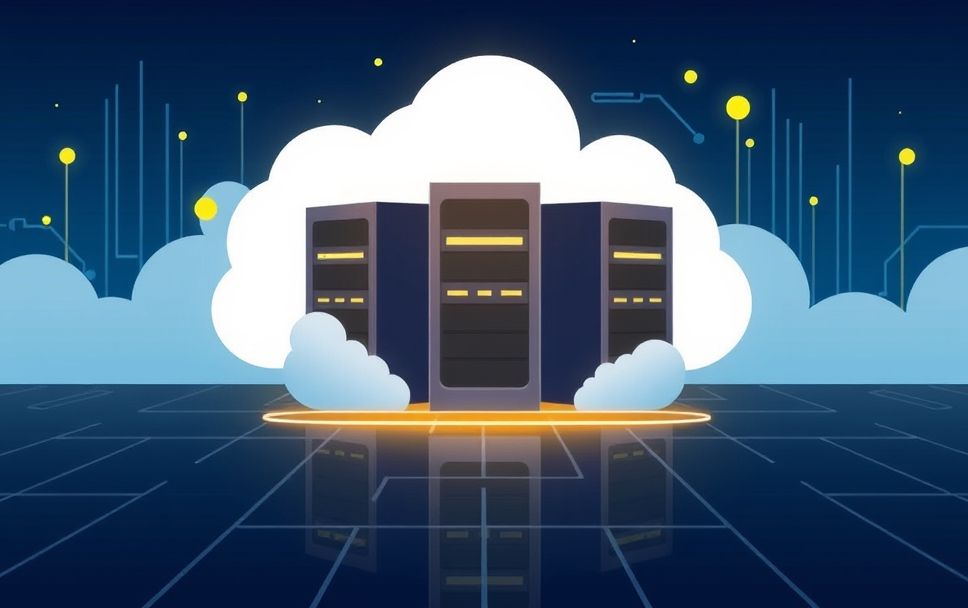What is a Dedicated Server?
A Dedicated Server is a type of web hosting service where an entire server is leased to a single client. Unlike shared hosting, where multiple users share server resources, dedicated servers provide exclusive access to all the server’s resources, including CPU, RAM, and storage. This setup ensures optimal performance, enhanced security, and greater customization options for businesses and developers.
Importance of Dedicated Servers in Web Hosting
In the digital landscape, the importance of having a reliable hosting solution cannot be overstated. Dedicated servers play a critical role in various aspects:
- Performance: With dedicated resources, websites can handle more traffic and complex applications without performance degradation.
- Security: Dedicated servers offer improved security features, protecting sensitive data from unauthorized access.
- Customization: Users can configure the server settings based on their specific needs, which is crucial for developers and businesses with unique requirements.
Key Features of Dedicated Servers
When considering dedicated servers, it’s essential to understand their key features:
- Full Control: Users have root access to their servers, allowing for complete control over the operating system and installed software.
- Scalability: Dedicated servers can be easily upgraded to accommodate growing business needs.
- High Uptime: Most providers guarantee high uptime percentages, ensuring that websites remain accessible to users.
Applications of Dedicated Servers
Dedicated servers are suitable for various applications, including:
- High-Traffic Websites: Websites experiencing significant traffic spikes, like e-commerce sites, benefit from the performance of dedicated servers.
- Gaming Servers: Many online gaming platforms use dedicated servers to provide seamless gaming experiences.
- Data Storage: Businesses requiring large amounts of storage for data-heavy applications often opt for dedicated servers.
How to Choose the Right Dedicated Server
Selecting the right dedicated server for your needs involves considering several factors:
- Performance Requirements: Assess the server specifications required for your applications.
- Budget: Determine your budget and analyze the pricing models of different hosting providers.
- Support and Maintenance: Choose a provider that offers reliable customer support and maintenance services.
Practical Applications of Dedicated Servers
Implementing a dedicated server can be straightforward. Here are some practical steps:
- Assess Your Needs: Determine the purpose of the server: hosting a website, data storage, or application development.
- Research Providers: Compare different hosting providers based on features, pricing, and customer reviews.
- Set Up the Server: After purchasing, configure the server according to your requirements.
- Regular Maintenance: Schedule regular updates and maintenance checks to ensure optimal performance.
Related Concepts in Web Hosting
Understanding dedicated servers also involves being aware of related concepts:
- Virtual Private Server (VPS): A VPS offers a middle ground between shared hosting and dedicated servers, providing users with dedicated resources on a shared server.
- Cloud Hosting: This allows users to scale resources dynamically based on demand, unlike the fixed resources of dedicated servers.
- Shared Hosting: An entry-level option where multiple clients share the same server resources, suitable for smaller websites.
Conclusion and Reflection
Dedicated servers are essential for businesses and developers seeking high performance, security, and customization in their web hosting solutions. By understanding how to leverage dedicated servers effectively, you can enhance your website’s performance and user experience. Consider how dedicated servers could meet your unique needs and take steps to implement this powerful hosting solution in your projects.









